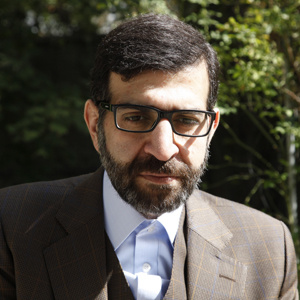Israel Strives to Collapse the Nuclear Negotiations

Following the drubbing that Democrats took in the elections, Israeli leaders are set on a new round of diplomatic campaigning against the Islamic Republic of Iran. In his visit to New Orleans to address the General Assembly of the Jewish Federations of North America, Israeli PM Benyamin Netanyahu also met U.S. Vice President Joseph Biden and asserted that the only way to deter Iran from what he called building a nuclear weapon was a credible military threat. Behind Israel’s diplomatic bustle lie several objectives: creating a fresh negative climate against the likely success of upcoming talks between Iran and the P5+1, diverting global public opinion attention from the fact that Israel is the sole nuclear weapon-possessing state in the Middle East, and de-prioritizing the issue of peace talks with the Palestinians and forcing them resume negotiations without a freeze on the construction of Jewish settlements in the Occupied Territories.
Interestingly, a day after the Netanyahu-Biden meeting, Israel announced its plan to initiate construction of 1300 housing units in Eastern Jerusalem. A similar announcement before—which was made during Joseph Biden’s visit to Tel Aviv before the proximity talks had intensely strained U.S.-Israel ties—impelled the Israeli officials to take a more cautious stance.
From Israel’s point of view, the midterm election results are a golden opportunity to gain the upper hand over the Americans and advance their diplomatic goals. Against this backdrop, where Israel and neo-conservatives are straining to force the failure of Iran-P5+1 nuclear negotiations, it is of the utmost necessity for Iran to engage in multiparty talks with strict adherence to its principles, and to continue the talks until they reach the desired goal—which certainly includes the lifting of all types of sanctions against it. Iran will have no responsibility for the failure of the talks if the other side casts away flexibility and insists on its own stance.

